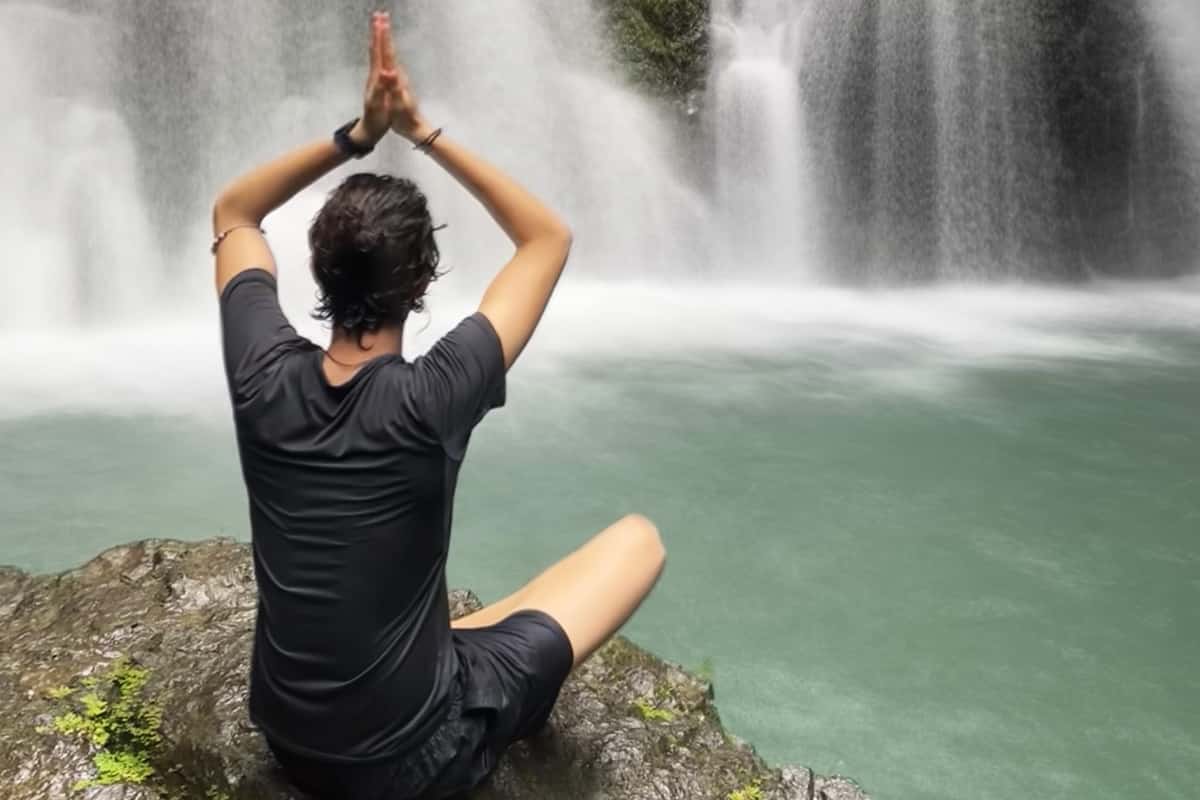Tourism can be a great financial motivation to promote ecosystem conservation. A farmer can sell a tree a million times to tourists, but once he cuts it down, that asset is gone. Tourism can be a way to reduce poverty in a community, if well-managed and planned. Regenerative tourism is a type of tourism that prevents destruction and promotes sustainability while creating conditions to restore ecosystems and communities.
At its best, regenerative tourism increases empathy, builds friendships between strangers and uncovers a broader world. When designed with intention, the tourism industry can contribute to a higher purpose that supports residents and the natural environment.
The Corcovado Foundation has been promoting community-based tourism in Osa, La Amistad, and now Barra del Colorado to promote rainforest conservation. As part of our efforts to showcase what regenerative tourism can look like, we rebranded our volunteer camp to make it an immersive regenerative tourism experience for visitors, students, and volunteers.
This is a place where tourism supports environmental education, where volunteers and tourists get involved with the community, and share the experience with environmental educators and the children.
They can work together on regenerative agriculture, or plant trees to restore ecosystems. The Corcovado Foundation’s Biohostel is a place where tourists can build an intimate interaction with the environment, and the community that lives there.
Regeneration requires a healthy relationship with the environment and, for many, a fresh perpspective. Regenerative tourism is the challenge of the future: a process of partnership with nature in harmony with indigenous and local wisdom. We believe that humanity needs an inherently positive relationship with nature — and that people and nature need paths and spaces to build on that.. We help create those spaces.
We have all seen the impact of ill-managed tourism in coastal areas, with wastewater polluting water sources, giant pools and golf courses competing for limited resources such as water. We’ve seen rainforests cleared for theme parks, golf courses, huge developments, and related infrastructures. However, tourism has the power to promote sustainable permanent conservation if down with intent and planning.
Costa Rica’s National Park system was born on the dream that tourism could spur conservation.
People and nature can flourish together. That was Mario Boza’s dream when he started promoting the national park concept in Costa Rica in the 70s. In the 1970s, Costa Rica began to develop its national parks system; visionary leaders led this process; with Alvaro Ugalde and Mario Boza among the most prominent.
They are called ‘the fathers of the national parks of Costa Rica.” Boza is credited with having initiated a lobbying process with government leaders and a national campaign to raise awareness about the opportunity that the development of national parks was for the country.
There is more significant evolutionary potential when humans maintain an intentional interrelationship with nature. People have a positive role to play. For sustained environmental health, people need to develop an relationship with nature — one that is mutually beneficial. It requires a conscious awareness that an ecosystem’s health affects human health. Regeneration is co-evolutionary.
Today, when we are challenged with climate change, how we spend our money, buy our products or choose our vacations, this concept is key to promoting nature conservation and human development. We can make a difference with individual tourism choices, and lift our spirits while doing so.
Article By Alejandra Monge
The Corcovado Foundation is promoting regenerative tourism as a force to encourage human coexistence within thriving ecosystems






